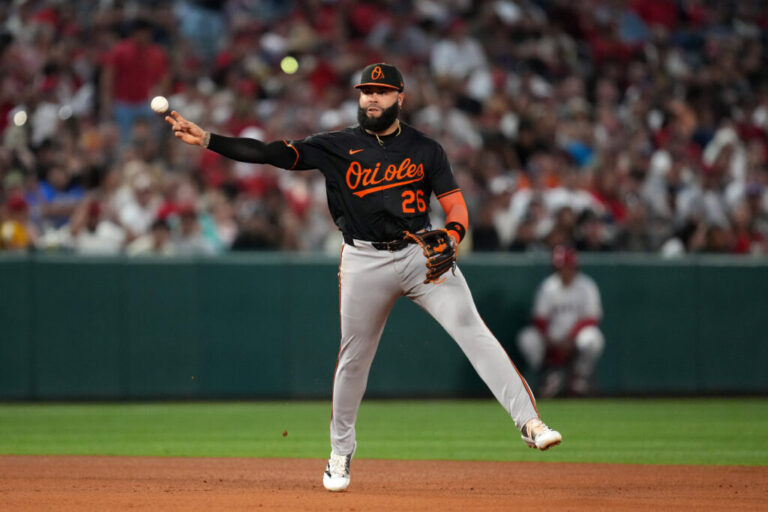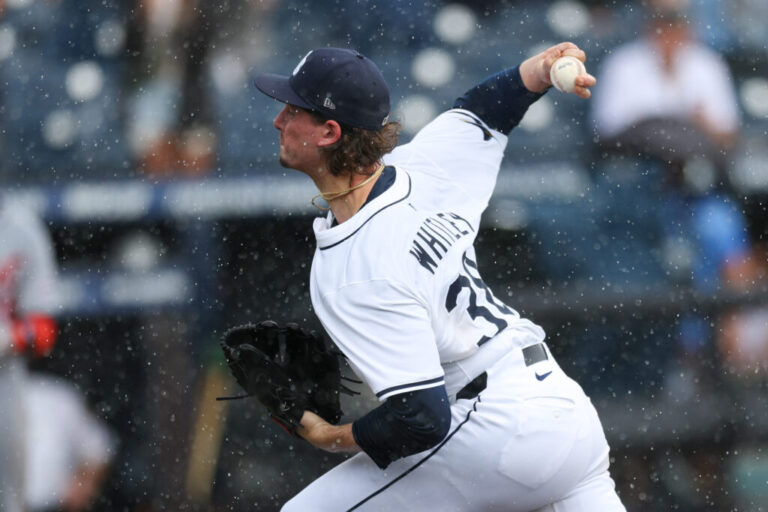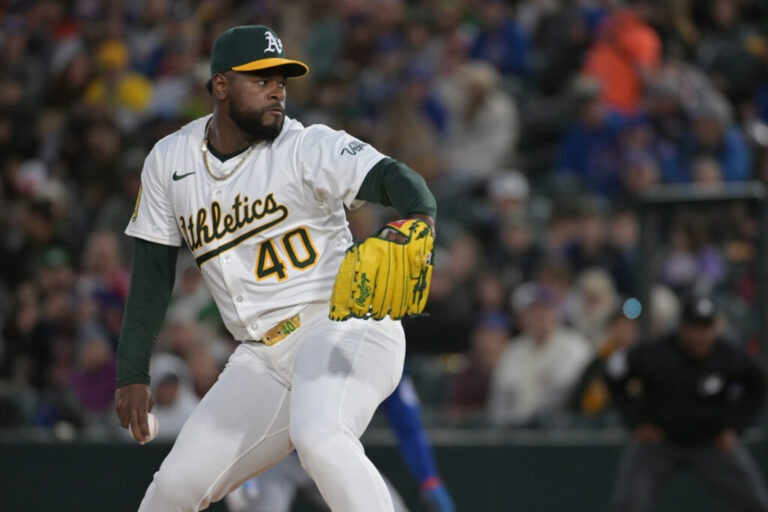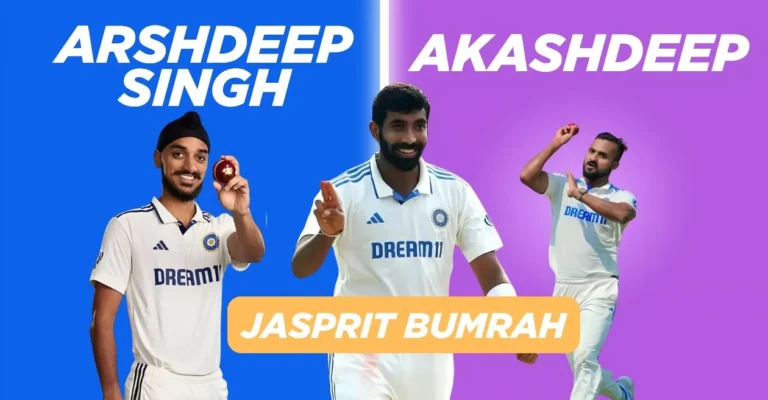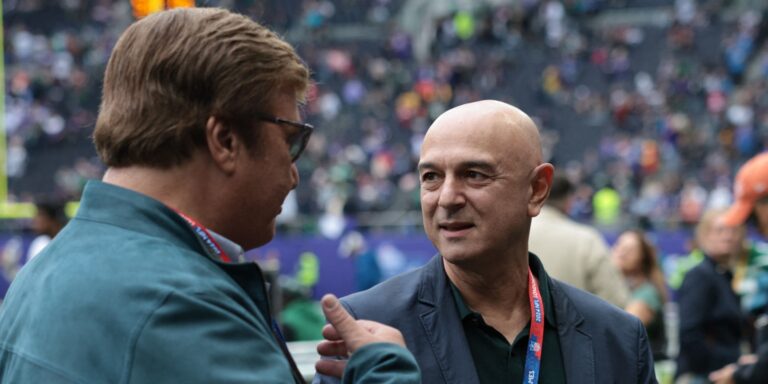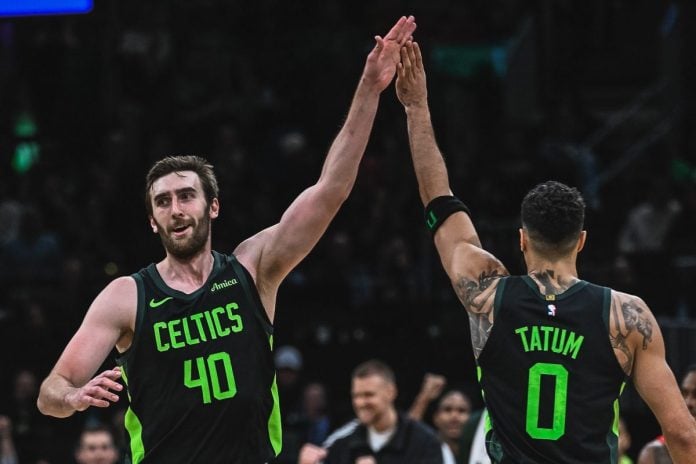

The following article is part of Jay Jaffe’s ongoing look at the candidates on the BBWAA 2025 Hall of Fame ballot. For a detailed introduction to this year’s ballot, and other candidates in the series, use the tool above; an introduction to JAWS can be found here. For a tentative schedule and a chance to fill out a Hall of Fame ballot for our crowdsourcing project, see here. All WAR figures refer to the Baseball-Reference version unless otherwise indicated.
The fourth and final multi-candidate pairing of this series is by far the heaviest, covering two candidates who have both been connected to multiple incidents of domestic violence.
Omar Vizquel (17.7% in 2024)
2025 BBWAA Candidate: Omar Vizquel
| Player | Career WAR | Peak WAR | JAWS |
|---|---|---|---|
| Omar Vizquel | 45.4 | 26.8 | 36.2 |
| Avg. HOF SS | 67.7 | 43.2 | 55.5 |
| 2,877 | 80 | .272/.336/.352 | 82 |
SOURCE: Baseball-Reference
In the history of Hall of Fame voting, no candidate, not even the increasingly inflammatory Curt Schilling, has taken a fall on the scale of Omar Vizquel. Four years ago, the 11-time Gold Glove winner and career leader in games played at shortstop appeared to be trending towards election, having received 52.6% on the 2020 ballot, in his third year of eligibility. While there was plenty of room to quibble over his candidacy on a performance basis — despite his Gold Gloves, the defensive metrics do not hold him to be the second coming of Ozzie Smith, nor do the park- and league-adjusted offensive metrics — that wasn’t what stopped his march to Cooperstown in its tracks.
In the process of updating his profile for the 2021 ballot, I discovered that in October 2020, Vizquel’s second wife, Blanca García, accused him of domestic violence via an Instagram live post. García, who was in the midst of divorcing Vizquel, showed documents from 2016 and ’17 pertaining to a charge of fourth-degree domestic violence assault filed on January 18, 2016, by which point Vizquel was on the coaching staff of the Tigers. The broadcast, and to that point the reporting of the allegations, had all been in Spanish.
Within weeks, The Athletic‘s Katie Strang and Ken Rosenthal published an in-depth investigation unearthing records not only of that 2016 charge but of García’s description of another incident of violence from five years earlier. Through an attorney who spoke to The Athletic, Vizquel denied all allegations of domestic violence, and in at least one interview with a Venezuelan news outlet, denied García’s assertion that she was later pressured into signing a letter saying, “I do not believe I was assaulted,” and requesting that the charges be dropped. While many voters had already cast their ballots by the time The Athletic published its findings on December 16, Vizquel’s share of the vote slipped to 49.1%.
That wasn’t the end of the unpleasant and shocking allegations. In August 2021, a former batboy for the Birmingham Barons sued Vizquel for sexual harassment that took place in 2019, when he was managing the White Sox’s Double-A affiliate. The former batboy, who has autism, alleged that he was “targeted for sexual harassment because of his disability,” and offered a graphic account of Vizquel’s behavior. Though Vizquel’s parting with the team had been publicly portrayed as amicable, with director of player development Chris Getz (now the White Sox general manager) citing him as “a positive influence,” The Athletic‘s Strang and James Fegan reported — and the White Sox confirmed — that an internal investigation had led the team to suspend Vizquel with pay and then fire him at the end of the season.
Vizquel is no longer in legal jeopardy; his divorce has been finalized, and he and the White Sox both reached confidential settlements with the batboy in 2022. Vizquel’s Hall of Fame candidacy has not recovered, however. In 2022, his share of the vote plummeted to 23.9%; his 25.2% drop was the largest in electoral history. He sank to 19.5% on the 2023 ballot, and 17.7% in ’24.
In addition to being chockfull of players connected to performance-enhancing drugs — some suspended by Major League Baseball, others alleged to have used the drugs at a time before MLB could do so — recent Hall of Fame ballots have included several candidates accused of domestic violence. José Reyes, who went one-and-done on last year’s ballot, is the only one who drew a suspension under MLB’s Joint Domestic Violence, Sexual Assault and Child Abuse Policy, which was created in 2015, but Vizquel and other candidates current (Andruw Jones, Manny Ramirez, and Francisco Rodríguez) and past (Barry Bonds, Carl Crawford, and Sammy Sosa) all might have faced suspensions had the policy been in place during their playing careers.
Where the connection to PEDs derailed the candidacies of Bonds and Sosa (neither of whom was ever suspended by MLB) and have done so thus far for the twice-suspended Ramirez, voters have not uniformly decided that domestic violence allegations or convictions are disqualifying. Speaking for my own ballots, I voted for Sosa once, Bonds twice, and am about to vote for Jones for the fifth time; with 61.6% last year, his seventh on the ballot, he has a reasonable shot at election by the writers. I can certainly understand voters choosing to rule such candidates out on these grounds, whether or not they have a firsthand connection to someone whose life has been affected by domestic violence, and whether or not they put stock in the so-called character clause.
Indeed, it’s here that I must mention the “integrity, sportsmanship, [and] character” section of the voting rules. Until Mark McGwire landed on the 2007 ballot, it was never really used to exclude anyone; meanwhile, the various electoral bodies have admitted a parade of spitballers, sign-stealers, racists, cheaters, and abusers. The clause was the brainchild of Kenesaw Mountain Landis, a man who brimmed with such integrity that he spent his entire 24-year term as commissioner upholding the game’s shameful color line. The history of that hypocrisy and so many others — witness the election of Bud Selig, himself steeped in the collusion of the 1980s as well as the overseeing of the so-called Steroid Era — leads me to avoid putting any stock in the clause, which isn’t to say that I don’t have my own ways of dealing with the darker aspects of players’ candidacies, such as my “Wild West”/testing era distinction when it comes to PED allegations.
Vizquel may be the test case for the electorate when it comes to domestic violence. Some have asked why his allegations have cost him votes despite other candidates with past allegations, such as Jones (who pled guilty), faring better. A few possibilities come to mind, and they’re not necessarily exclusive. One is that while the allegations did not surface until after he became a candidate, once they did, they shattered the “good guy” reputation that was a certain part of Vizquel’s appeal. Another is that it’s the combination of two different categories of allegations, where one might have not have been seen as disqualifying by some voters. A third is the baseball connection, in that the sexual harassment allegation specifically pertains to Vizquel’s workplace conduct while serving as a team employee. What’s more, MLB opened investigations into both matters, and while the league might not be able to discipline Vizquel on either one unless he’s hired again, the possibility of him receiving substantial punishment may deter teams from doing so. Some combination of these factors may be deterring voters from including him on their ballots.
As noted, there’s room to find fault with Vizquel’s candidacy even while sticking to a performance-only viewpoint. His longevity-driven counting stats and reputation for great defense are offset by his modest advanced statistics. He’s 45th in JAWS among shortstops, below current candidates Troy Tulowitzki (28th), Jimmy Rollins (34th), and Hanley Ramirez (42nd), not to mention Rabbit Maranville, the lowest-ranked Hall shortstop (41st). Vizquel’s rankings have fallen since he first became eligible, with the active Francisco Lindor, Carlos Correa, and Xander Bogaerts climbing right past him, but even before that, and before all of this ugly stuff came to light, his relative standing was enough to keep him off my ballot.
You can read more about Vizquel’s career, his performance, and the details regarding the aforementioned allegations within his 2023 profile here.
Francisco Rodríguez (7.8% in 2024)
2025 BBWAA Candidate: Francisco Rodríguez
| Pitcher | WAR | WPA | WPA/LI | R-JAWS | IP | SV | ERA | ERA+ |
|---|---|---|---|---|---|---|---|---|
| Francisco Rodríguez | 24.2 | 24.4 | 14.7 | 21.1 | 976 | 437 | 2.86 | 148 |
| Avg HOF RP | 39.1 | 30.0 | 19.9 | 29.7 |
SOURCE: Baseball-Reference
From the profile:
Francisco Rodríguez was the October Surprise. As the Angels went on their 2002 postseason run, they introduced a secret weapon out of their bullpen, a 20-year-old Venezuelan righty with an unholy fastball-slider combination and the poise of a grizzled veteran despite him having all of 5.2 major league innings under his belt. Often throwing multiple innings and quickly graduating into a setup role in front of closer Troy Percival, Rodríguez set a number of records, including one for the most strikeouts by a reliever in a single postseason (28) while helping the Angels to their first (and to date only) championship in franchise history.
Though he endured some growing pains at the major league level, by 2004 Rodríguez was an All-Star, and from ’05-08 he led the American League in saves three times, setting a still-standing single-season record with 62 in the last of those campaigns. His mid-90s fastball and mid-80s slider befuddled hitters, while his demonstrative antics — “a melange of pirouettes, fist pumps and primordial screams,” as one writer put it — sometimes got under their skin.
Rodríguez cashed in once he reached free agency, signing a three-year, $37 million deal with the Mets, but he was rarely the same pitcher he’d been in Anaheim. He made three more All-Star teams, but was arrested twice, once for assaulting his girlfriend’s father (and tearing ligaments in his thumb in the process) and once for domestic abuse. He pled guilty to the former and attended anger management classes, while the charges for the latter were dropped when the woman returned to Venezuela. Both incidents likely would have interrupted his career to an even greater degree had they occurred after Major League Baseball and the Players Association adopted the league’s domestic violence policy in 2015.
Inevitably, teams kept paying Rodríguez to pitch, and by the time his 16-year career was over, he ranked fourth on the all-time saves list, behind Hall of Famers Mariano Rivera, Trevor Hoffman, and Lee Smith, and ahead of the five other enshrined relievers. That standing, as well as his number 12 ranking in R-JAWS, makes him [the 2023] ballot’s only newcomer besides Carlos Beltrán who has a plausible Hall of Fame case…
In the two years since that was written, Rodríguez has dropped to sixth in saves, as both Kenley Jansen and Craig Kimbrel have passed him, with the former bumping him to 13th in R-JAWS as well. Meanwhile, in his second ballot appearance, he dropped three points to 7.8%. More here.
